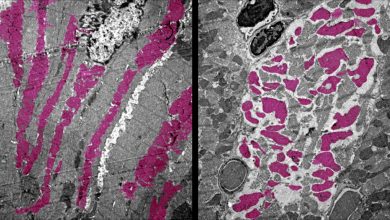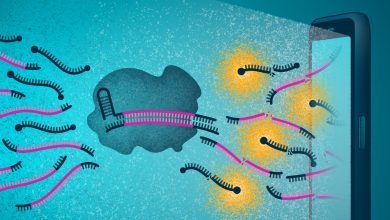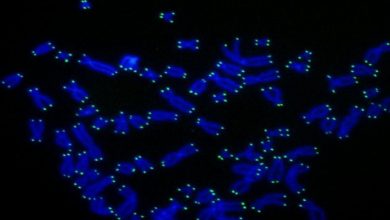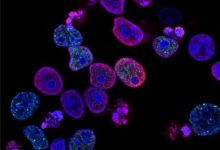
In a new study published in European Urology, scientists reported that chemotherapy and immunotherapy can be given simultaneously for metastatic bladder cancer patients and this combined therapy is very safe. They also found that in patients whose tumors having certain genetic mutation can more efficiently respond to this combined approach.
In the previous studies, the scientist cannot determine whether these therapies can be given together because they assumed that chemotherapy could weaken the immune system which in turn can inhibit immunotherapy.
For their research, scientist conducted phase 2 trials at 6 cancer centres and found that their were no additional severe side effects shown in patients when given chemotherapy and immunotherapy alone which led to the conclusion that combination therapy can be a safe alternative.
Researchers also demonstrated that immunotherapy can boost immune cells in patients blood which can help the patients body to undergo concurrent therapy.
“Because chemotherapy and immunotherapy are the two pillars of treatment for metastatic bladder cancer, we sought to better understand how these treatments might be best given together,” said Matthew Galsky, MD, Director of Genitourinary Medical Oncology and Professor of Urology, Medicine, Hematology and Medical Oncology at The Tisch Cancer Institute at the Icahn School of Medicine at Mount Sinai, and Principal Investigator of the study. “Already the results of this trial have inspired the creation of two more trials that seek to better the treatment of bladder cancer patients by combining chemotherapy with immunotherapy.”
Dr. Galsky started a new trial at Mount Sinai and other centre in which they give a combination therapy of chemotherapy and immunotherapy to the patients whih were suffering from earlier stage bladder cancer. The focus of this trial is to determine if this therapy can help patirnts to avoid surgery.
They found that certain types of mutations in DNA damage response (DDR) genes were linked with better response to the combined chemotherapy and immunotherapy. With this study in mind, these findings could add a novel biomarker to the “precision oncology toolbox” and refine the selection of patients who might benefit from concurrent administration of chemotherapy and immunotherapy.
“Our work is an example of using genomics to enable precision medicine. By looking for loss-of-function mutations in DDR genes, we may be able to predict who will do well on a combined chemotherapy plus immunotherapy regimen,” explained Dr. Uzilov. “In our study, we looked at a pool of 55 DDR genes as predictive biomarkers. We are now exploring further which of these genes, and what types of mutations within them, best predict treatment response, as well as the interplay of DDR status with other predictors of immunotherapy response.”






